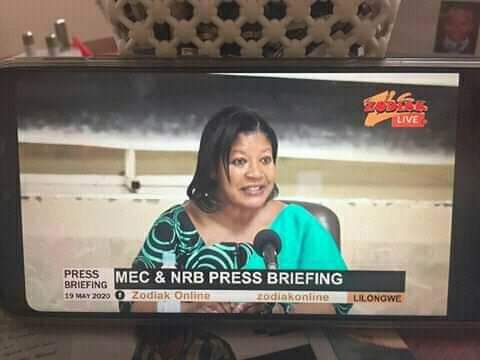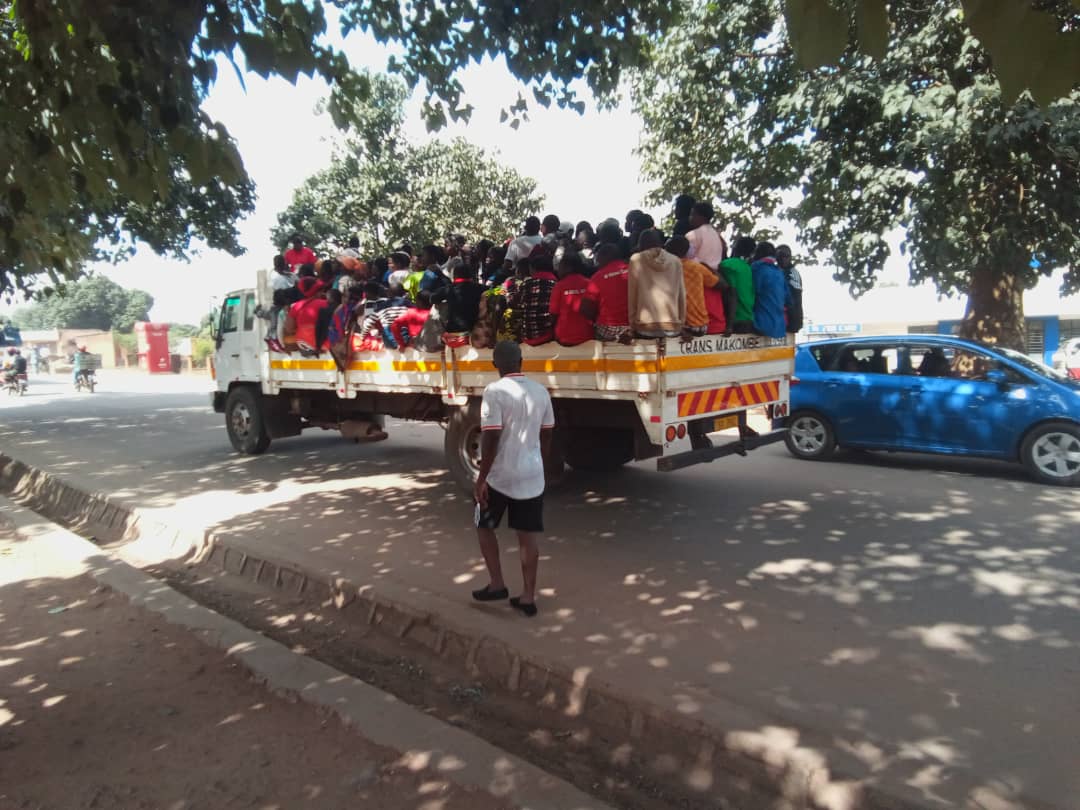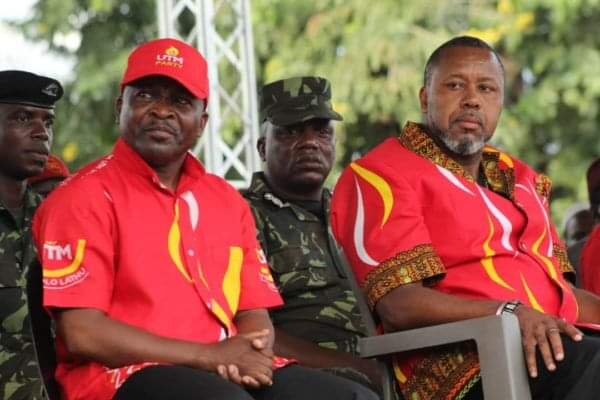By Twink Jones Gadama
The Human Rights Consultative Committee (HRCC) has issued an urgent call to opposition political parties to respect the due process of the elections in the run-up to the 2025 polls and refrain from confusing the electorate.
The HRCC expressed concern over the statements made by three opposition parties, including the PP, DPP, UTM, and AFORD, regarding the conduct of the Malawi Electoral Commission (MEC) and its leadership.
The HRCC emphasized the importance of exercising freedoms responsibly and maturely to maintain the integrity of the democratic process.
One of the key issues highlighted by the HRCC is the opposition parties’ criticism of the choice of Smartmatic as the electoral technology provider.
While the parties raised concerns about Smartmatic’s past controversies in other countries, the HRCC clarified that most of the cases against Smartmatic have been proven wrong.
The HRCC also pointed out that Smartmatic has a strong track record of delivering electoral results in various countries, including Zambia and Kenya, where the opposition parties won the elections.
Another point of contention raised by the opposition parties is the transmission of electoral results and the use of new software developed by MEC.
The HRCC explained that the new software was necessary due to the weaknesses and vulnerabilities of the previous system.
The HRCC also highlighted the importance of conducting a transparent and verifiable electoral process, including setting the systems to zero before the voting starts in 2025.
The HRCC also addressed the concerns about the appointment of MEC Chair Justice Anabel Mtalimanja and MEC CEO Mr. Andrew Mpesi.
The opposition parties raised questions about their impartiality and alleged affiliations with political figures.
However, the HRCC defended the appointments, emphasizing the importance of appointing qualified individuals based on merit and the due process of the law.
Additionally, the HRCC discussed the National Registration Bureau’s (NRB) registration process and called on the opposition parties to engage in a serious awareness campaign to encourage people to register for the upcoming elections.
The HRCC acknowledged NRB’s efforts to register nationals and urged the parties to support the registration process instead of making unnecessary demands that could hinder the electoral process.
The HRCC urged the opposition parties to reflect on their conduct and ensure that their actions do not promote voter apathy or create confusion among the electorate.
The HRCC emphasized the importance of upholding democratic principles and encouraged all stakeholders to work together to ensure a free, fair, and credible election in 2025.
The opposition parties in Malawi are complaining about the management of the electoral process for the 2025 general elections.
Specifically, they’re concerned about the Malawi Electoral Commission’s (MEC) contract with a company that supplied Election Management Devices (EMDs), which they believe could affect the credibility of the elections.
They’re also unhappy about the MEC’s refusal to have an independent electoral ICT auditor, which has been a standard practice in previous elections.
Additionally, they’re asking the MEC chair, CEO, procurement, and ICT directors to step down, and for the commission to use manual transmission of election results instead of a hybrid system.
The opposition parties, including the Democratic Progressive Party (DPP), UTM, and Alliance for Democracy (AFORD), have even threatened to hold nationwide shutdown protests if their concerns aren’t addressed.
The Human Rights Consultative Committee (HRCC) has also weighed in on the issue, urging the opposition parties to respect the electoral process and refrain from confusing the electorate.
The HRCC emphasized the importance of exercising freedoms responsibly and maturely to maintain the integrity of the democratic process.
Pastor Moses Shumba, a prominent human rights activist, has joined the chorus of dissenting voices, condemning the Human Rights Consultative Committee’s (HRCC) statement on the electoral process in Malawi.
Shumba expressed doubts about the HRCC’s intentions, questioning whether their statement was made in good faith or if it was a betrayal of the Malawian people.
The Centre for Human Rights and Rehabilitation (CHRR) is one of the leading human rights non-governmental organizations in Malawi, founded in February 1995.
The organization strives to promote equity and equality among the people regardless of gender, race, religion, language, and skin color by taking full recognition of the UN Declaration of Human Rights (1945) to which Malawi is a signatory.
Other organizations that may speak out against the HRCC’s statement include The Malawi Human Rights Commission, which may provide an objective assessment of the statement and its implications for human rights in Malawi.
Civil Society Organizations (CSOs) have been vocal about electoral reforms and may condemn the HRCC’s statement for undermining the democratic process.
International Human Rights Organizations, like Amnesty International and Human Rights Watch, may also weigh in on the issue, providing an international perspective on the HRCC’s statement.
It’s essential to note that Malawi has made significant strides in promoting human rights, particularly with its election to the UN Human Rights Council in 2021.
However, the current controversy surrounding the HRCC’s statement threatens to undermine these gains.
As the debate unfolds, it’s crucial for all stakeholders to prioritize transparency, accountability, and the protection of democratic principles.
The 2025 elections must be free, fair, and credible, reflecting the will of the Malawian people.
- NGO Appeals for Help to Rebuild Classroom Destroyed by Heavy Rains in Chikwawa
- Board sets policy targets to improve ESCOM service delivery
- Controversy Unravels Lilongwe Private School’s Primary Head
- Kalua claims some people going to Mutharika to destroy others
- FDH Bank gives K50 million food aid through BEAM Trust




